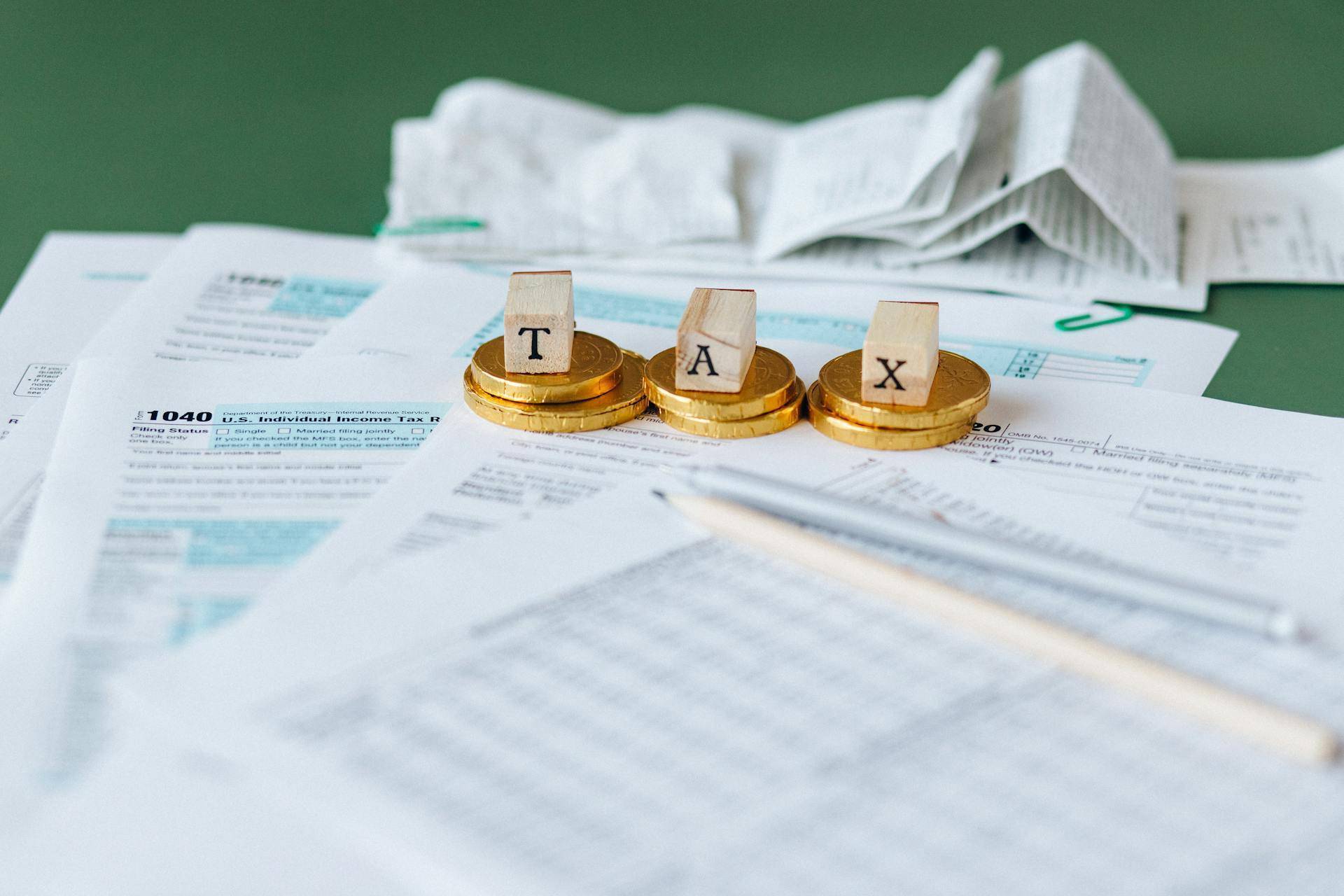The Union Budget 2025 introduced several important reforms aimed at simplifying tax compliance, particularly benefiting the housing sector, and making homeownership and rental transactions more manageable. Among the key changes are significant alterations to the Tax Deducted at Source (TDS) provisions on rent, along with reforms in the tax treatment of self-occupied properties. These initiatives are designed to reduce administrative burdens for both tenants and landlords, encourage real estate investments, and boost liquidity in the housing market.
TDS on Rent: A Significant Reform
One of the most notable changes in the 2025 Union Budget is the increase in the annual exemption limit for TDS on rent payments. Under the previous system, tenants were required to deduct TDS at a rate of 5% on rent payments exceeding ₹2.4 lakh annually. This rule applied to a wide segment of the population, especially in metropolitan areas where rental payments are often high. As a result, many tenants were obligated to go through the tedious process of deducting TDS and remitting it to the government, which created compliance issues for both tenants and landlords.
The Union Budget 2025 has revised this limit, raising the exemption threshold from ₹2.4 lakh to ₹6 lakh per annum. This means that tenants paying rent up to ₹6 lakh annually will no longer need to worry about TDS deductions. The reform has the potential to simplify the rent payment process, especially in cities like Delhi, Mumbai, and Bengaluru, where rent payments are substantial and tenants are often required to follow the cumbersome process of tax deduction.
Key Benefits of TDS Revision:
Reduced Compliance Burden: The increased exemption threshold will significantly reduce the number of tenants required to comply with TDS regulations. By allowing tenants paying up to ₹6 lakh annually to forgo tax deductions, the government is simplifying the rent payment process and relieving individuals of the administrative workload.
Improved Cash Flow for Tenants: Previously, tenants had to pay TDS upfront, reducing the amount of cash available for their day-to-day expenses. With the increased exemption limit, tenants will now be able to retain a larger portion of their rent payments, improving their cash flow.
Simplified Procedures for Landlords: Landlords, especially those with multiple properties or tenants, often had to deal with complicated paperwork to ensure TDS deductions were properly applied. With this reform, landlords will no longer need to handle the additional complexity of TDS compliance for tenants who fall below the new exemption limit.
Smoother Rental Transactions: The changes in TDS regulations are expected to result in more streamlined rental transactions. With fewer tenants needing to deduct TDS, rental payments can flow more easily and efficiently, benefiting both tenants and landlords.
Impact on the Housing Sector:
The increased TDS exemption limit will likely encourage a more formal rental market. In many parts of India, rental agreements have traditionally been informal, with cash transactions often taking place without proper documentation or tax compliance. By making the tax system simpler and more transparent, the government hopes to encourage landlords to enter the formal rental market and to make transactions more traceable.
For the housing sector, this reform could lead to more investment in rental properties. With fewer administrative hurdles and greater tax relief for tenants and landlords alike, it is expected that more people will be willing to invest in residential properties, especially in urban areas where rental demand remains high. Furthermore, the government's push toward financial transparency could help attract more institutional investment into the sector, further driving its growth.
Tax Relief for Two Homes: A Boost to Homeownership
Another key reform introduced in the Union Budget 2025 relates to tax relief for self-occupied properties. Previously, taxpayers could claim Nil valuation (exemption from tax on notional rental income) for only one self-occupied property. The new provisions in the budget now allow individuals to claim Nil valuation for two self-occupied homes, instead of just one.
This change is particularly beneficial for individuals who own and live in multiple properties. In many cases, owning a second home is a common practice for families seeking additional space or wishing to invest in real estate. However, under the old rules, owners of more than one self-occupied property were forced to pay tax on the notional rental income from the second property. This created a tax burden for homeowners and discouraged investment in second homes.
Key Benefits of the Two Homes Tax Relief:
Encourages Homeownership: By offering tax relief for two self-occupied properties, the government is encouraging individuals to invest in real estate, especially second homes. This is expected to spur growth in the residential real estate market, particularly in Tier 2 and Tier 3 cities where housing demand is on the rise.
Financial Flexibility: This reform provides greater financial flexibility to middle-class families. With reduced tax liabilities on second homes, individuals will have more disposable income to invest in other assets, thereby improving their financial situation.
Promotes Investment in Real Estate: By making it more attractive to own multiple homes without incurring a tax burden, the government is likely to see an uptick in real estate investments. This could help drive demand for residential properties and potentially increase property prices in key markets.
Simplifies Tax Filing: Homeowners will no longer need to deal with the complexities of reporting notional rental income for a second self-occupied property. This makes the tax filing process more straightforward and reduces the administrative burden for taxpayers.
Other Budget Reforms
In addition to TDS and self-occupied property tax relief, the Union Budget 2025 introduced several other reforms aimed at easing tax compliance. These include:
Extension of Time for Filing Updated Returns: The Finance Minister announced that the time limit for filing updated returns would be extended to four years, up from the previous two-year limit. This provides taxpayers with more time to correct or update their returns, ensuring that they can avoid penalties for mistakes made in earlier filings.
Increase in TCS Exemption Threshold: The exemption threshold for Tax Collected at Source (TCS) under the Liberalised Remittance Scheme (LRS) has been raised from ₹7 lakh to ₹10 lakh. This change allows individuals making foreign remittances greater flexibility, aligning with the increasing trend of cross-border financial transactions.
A Positive Shift for the Housing Sector
The revisions in TDS rules and tax relief for self-occupied properties are key steps toward creating a more efficient, transparent, and formalized real estate market in India. These reforms are expected to simplify tax compliance for both tenants and landlords, improve cash flow for tenants, and reduce administrative burdens for landlords, creating a more conducive environment for rental transactions.
Furthermore, the tax relief for homeowners with two self-occupied properties is set to provide significant benefits for individuals, particularly in terms of financial flexibility and encouraging homeownership. With these changes, the Union Budget 2025 is poised to enhance liquidity in the housing market, promote investments in real estate, and provide greater financial relief for middle-class families.









.png)